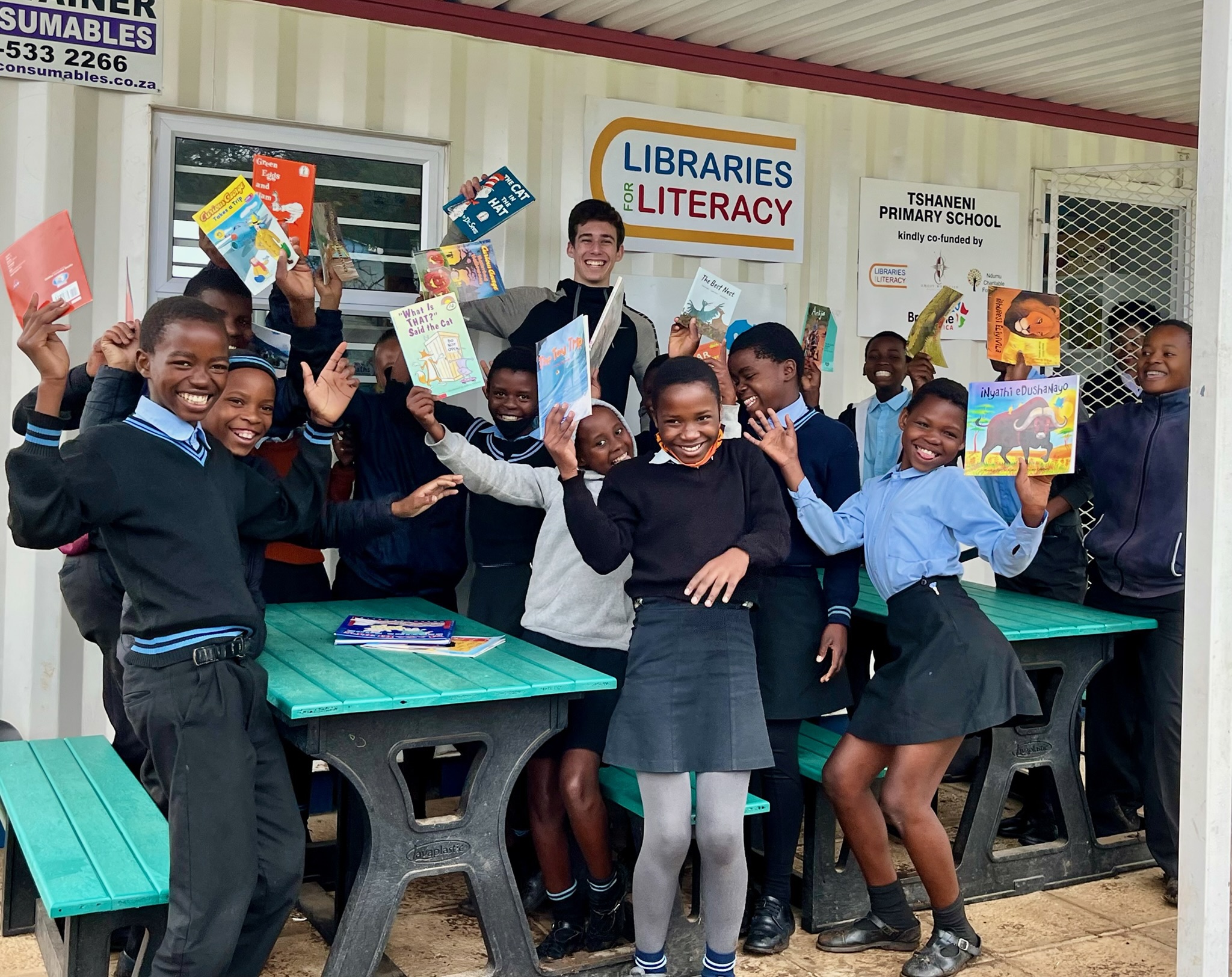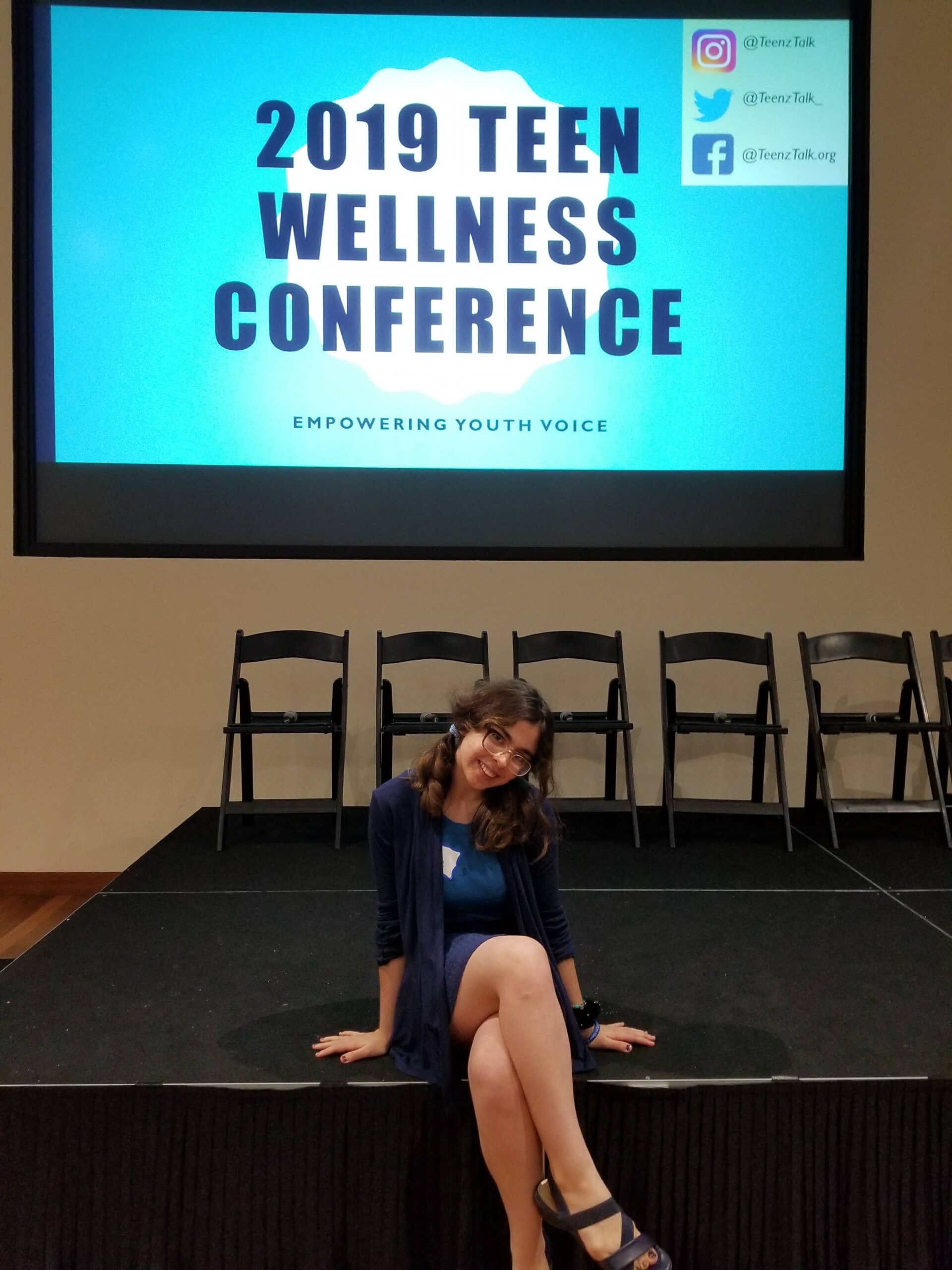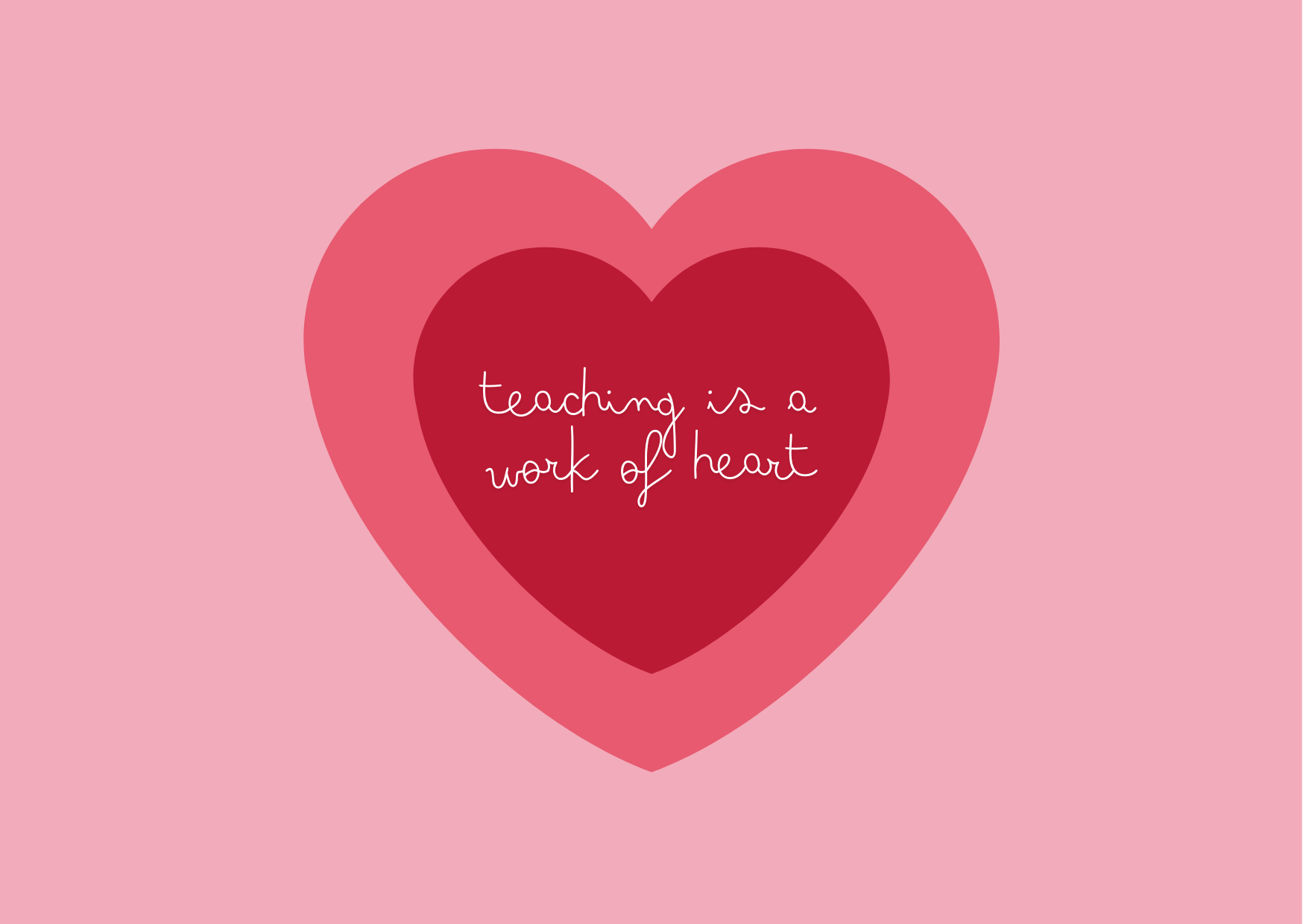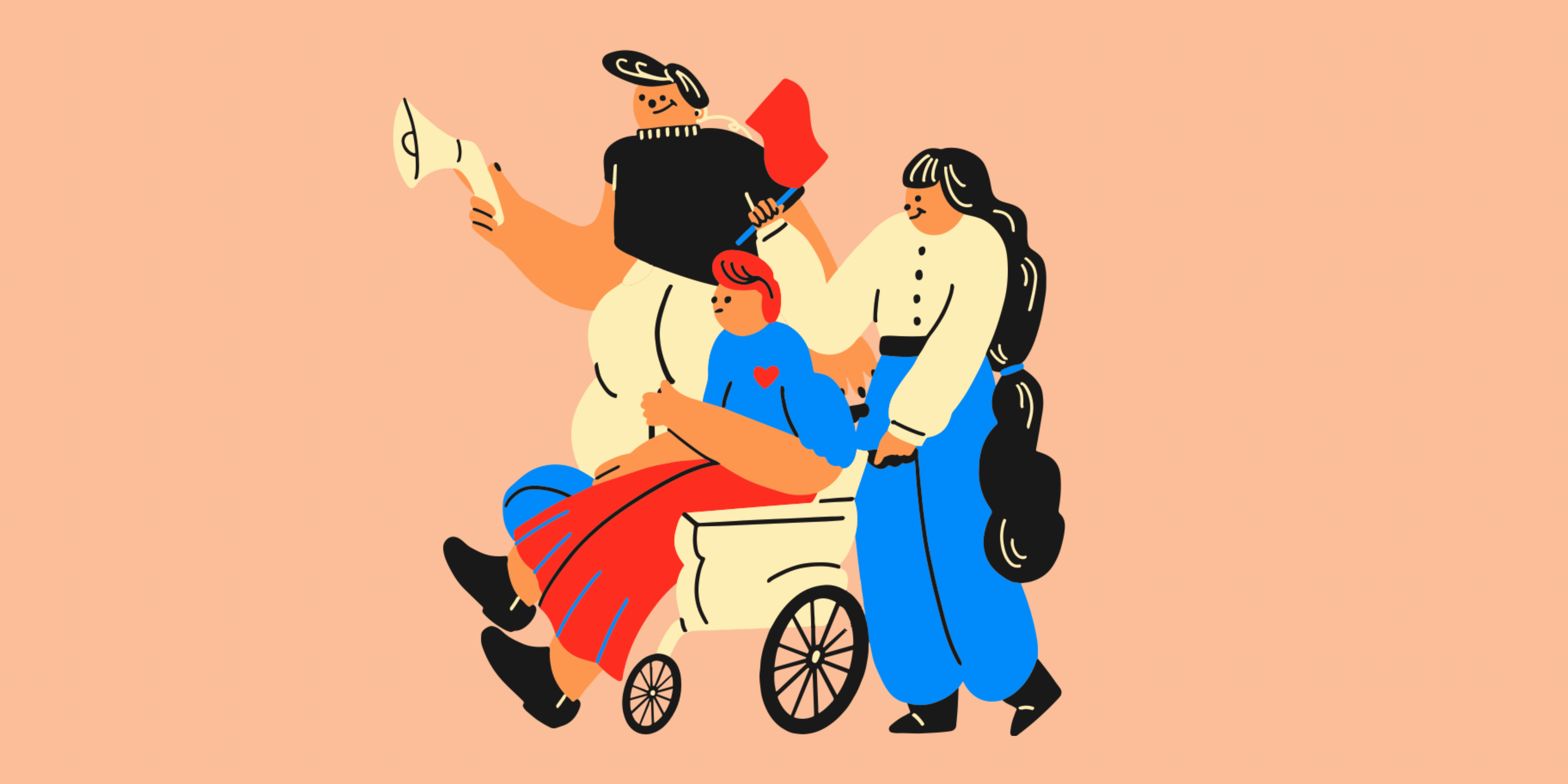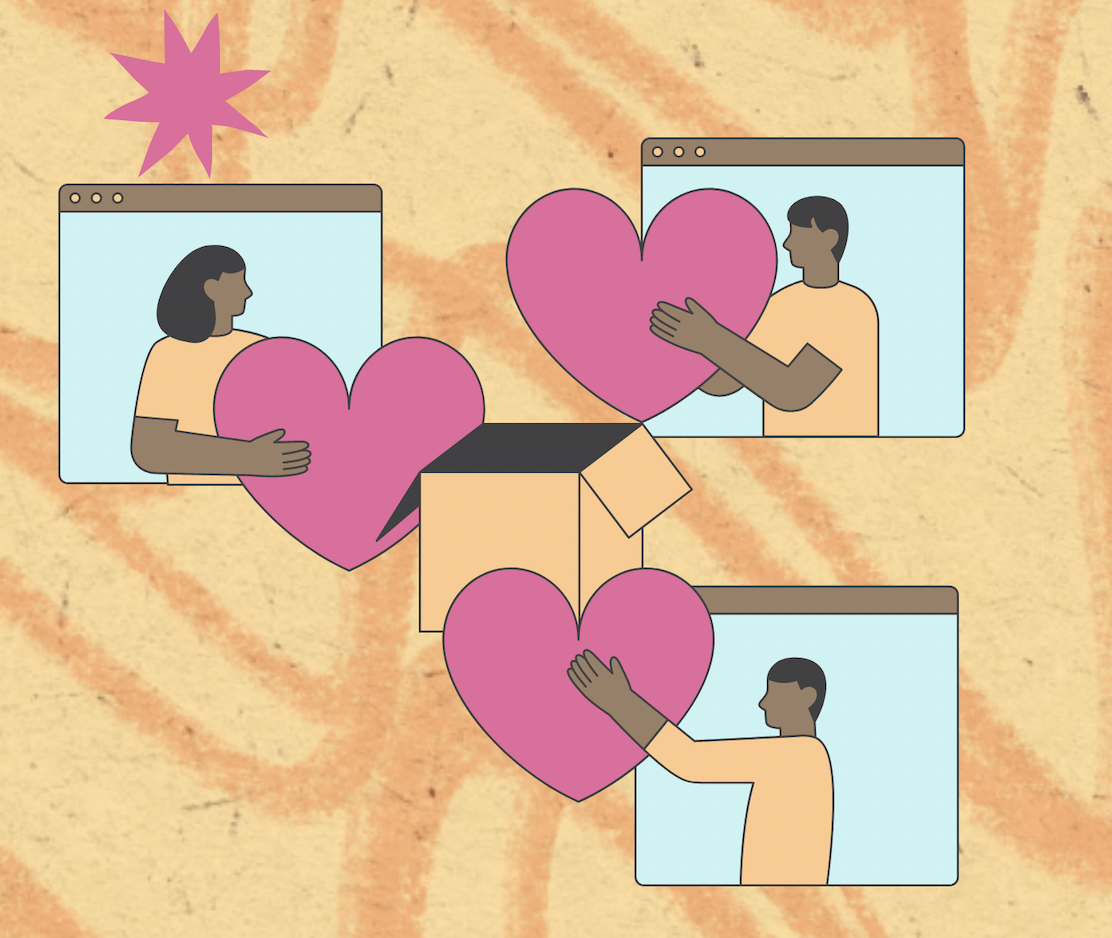I believe literacy is a fundamental human right. Libraries for Literacy partners with under-resourced South African schools to create libraries with age-appropriate books in both English and local African languages. By doing so we strive to create equity in literacy. Our mission is to ensure that every South African child has access to books.
In 2018 when I was 12, I was walking down the aisle of a South African grocery store when I noticed that all the packaged food had pictures of what was inside. I was used to packages with just the food’s name, such as “Campbell’s Tomato Soup.” When I asked my South African dad why all the food had pictures, he explained that many people in South Africa could not read.
This experience snowballed in ways I could barely have imagined. After doing research, I discovered that 78% of South African 10-year-olds cannot read for meaning, only 8% of public schools have a library, and 58% of kids grow up in homes without any books. South Africa is the lowest-performing country in the most recent PIRLS international literacy survey. Learning to read without books is like learning to play soccer without a ball, impossible but relevant to many South African kids who are expected to become literate without access to books. I believe that literacy is a fundamental human right. I am also guided by Nelson Mandela who famously said, “Education is the most powerful weapon which you can use to change the world.” My commitment to provide greater access to books and improve literacy in South Africa led me to found Libraries for Literacy.
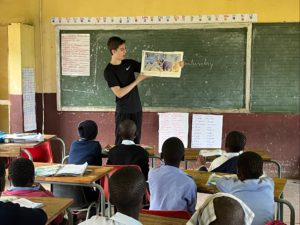
Libraries for Literacy establishes libraries in under-resourced South African Schools, which are still suffering from their legacy of apartheid. In 2020, I collected and brought 1,500 books to South Africa to create my first Library for Literacy in Doornkop, Soweto that could be used by the school’s 160 students and the entire community. To collect books, I contacted public schools and libraries to ask for book donations and I raised funds from family and friends to buy books at library sales. I also set up “Lemonade for Literacy” and “Brownies for Books” stands in New York City where people could exchange books for lemonade and brownies.
Using lessons from this first library, I returned to South Africa in March 2022 to open my second library at Tshaneni Primary School in a remote village in KwaZulu Natal. It’s a severely under-resourced school with crumbling classrooms, pit latrines and no running water. Alongside the 3,000 learning-to-read English books, I partnered with Room to Read Africa to provide children’s Zulu books (learning to speak and read some Zulu in the process so that I could read to the kids in their first language). Since the school did not have space for the library, I partnered with Breadline Africa to repurpose an out-of-use shipping container to house the new library. Last summer, I returned to this school to teach literacy, help train the librarian, and reinforce the ritual of library usage and book borrowing.
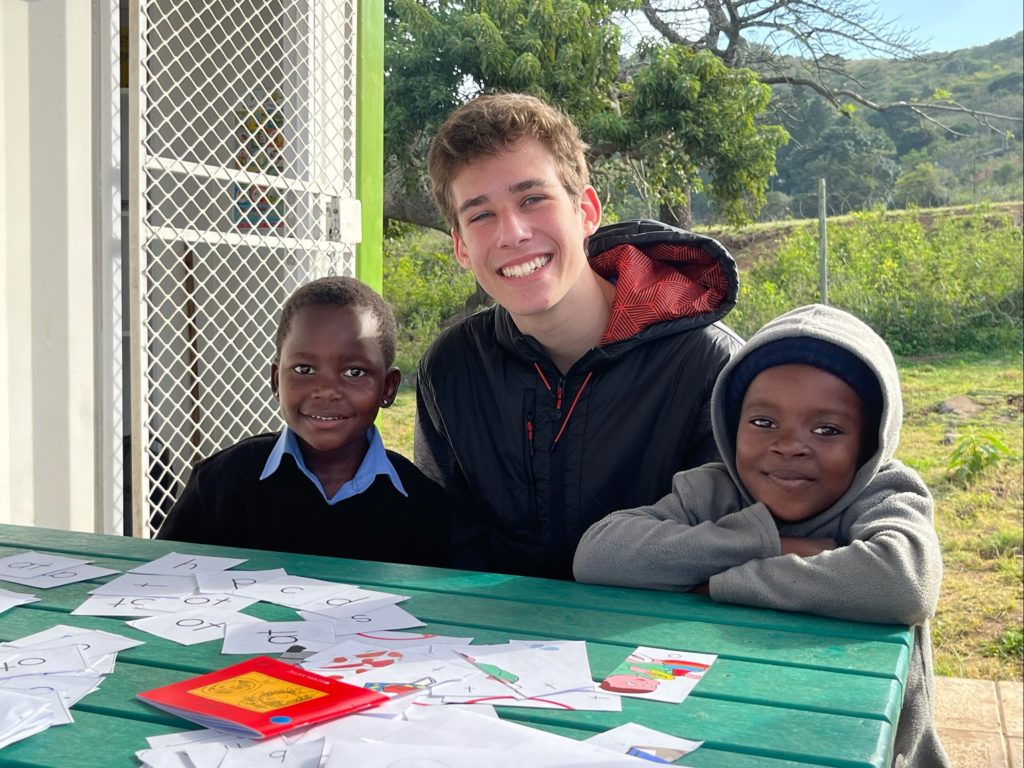
I am currently working on my third school library at the Senianya Primary School in Mpumalanga, South Africa, serving 729 impoverished learners (more than 30% are orphans or from child-headed households). I’m partnering with Room to Read Africa and African Storybook to source children’s books in Sepedi and Xitsonga, the student’s African languages, and with Breadline Africa on a large, bright pre-fabricated structure to house the library. This library will launch in March 2023.
In Zulu, there is a phrase: “Umuntu ngumuntu ngabantu,” which means that a person is a person through other people. Nelson Mandela often spoke about this concept of Ubuntu, how we are all bound together in ways invisible to the human eye. I believe that we achieve our own humanity by serving others.








